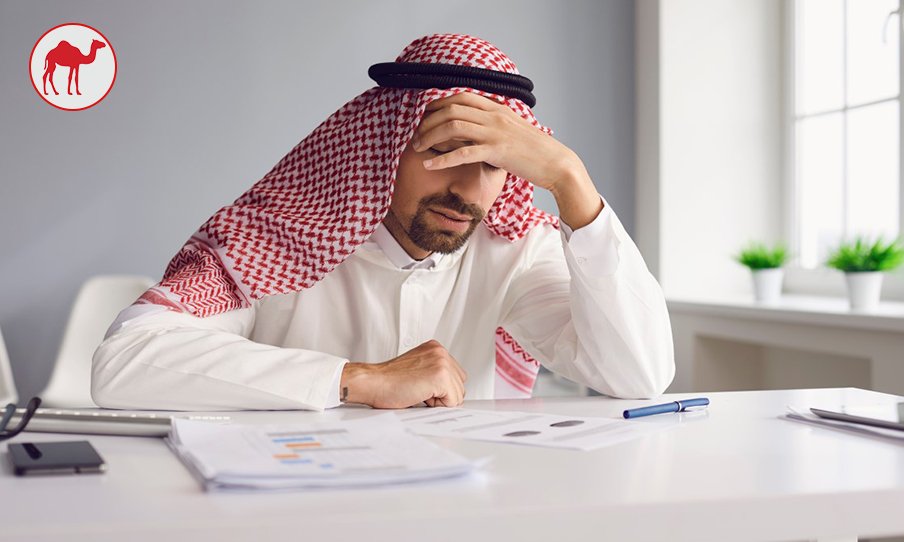What’s Changing in the Way Arabs Think About Mental Health

Have you observed how mental health is no longer spoken of in secret? For decades, it was a subject many sidestepped, particularly in the Arab world. But gradually, change is on the horizon. A new dialogue is unfolding, on social media, in coffeehouses, within homes, and even in schools and mosques.
So, what is actually shifting in the Arab perception of mental health? Let’s examine more closely how awareness is increasing, what is shattering the silence, and where the region is going from here.
1. From Stigma to Openness: The Turning Tide
In most Arab cultures, mental illness was shameful. When someone had anxiety, depression, or burnout, they would be encouraged to “be strong,” “pray harder,” or “just forget about it.” The concept of therapy was hardly imaginable, and families kept such things quiet.
But now, the new generation is rebelling against such old concepts. Many young Arabs are now talking openly about their mental battles online. They’re sharing their own stories, asking for assistance, and discussing what was previously haram. All this openness is leaving others feeling less isolated, and less stigmatized.
The change didn’t come overnight, but it’s occurring.
2. The Role of Social Media and Influencers
Let’s be real, social media altered everything. What was previously hidden in the shadows is now openly discussed. Arab influencers, creators, and celebrities themselves are now using their platforms to speak about therapy, burnout, trauma, and healing.
When a public figure states, “I see a therapist,” it’s an incredibly strong message. It indicates that mental health is not a sign of weakness. It’s human.
This online exposure is making the conversation more acceptable. It convinces followers to think about their own mental health, and sometimes even to get professional assistance themselves.
3. Therapy Is Becoming More Accepted
Until a few years ago, attending therapy was something that only “crazy people” do. That myth is gradually being dispelled. Increasing numbers of Arabs, particularly in urban centers like Dubai, Amman, Cairo, and Beirut, are embracing the idea of therapy, not because there’s something “wrong” with them, but because they desire to develop, know themselves better, and live improved lives.
Mental health clinics are increasing in number. Therapy apps are increasing in followers. In a few instances, even schools and offices are providing mental well-being programs. Though still a problem in rural communities or among the less affluent, the tide of acceptance is unmistakable.
4. Faith and Mental Health – No Longer Opposites
One of the myths in the past was that “faith is enough” to cure all mental afflictions. Religion is an integral aspect of Arab culture, and for many, resorting to God in tough times is reassuring. But increasingly, people are coming to realize that therapy and faith can coexist.
Some Arab religious leaders are now openly endorsing mental health awareness. Imams and clerics are urging individuals to get professional help when needed, unashamed and guilt-free. This combination of spiritual and psychological support is making many people feel more comfortable sharing.
5. The Impact of COVID-19 on Arab Minds
COVID-19 struck hard, emotionally, mentally, and socially. Individuals throughout the Arab world were subject to lockdowns, bereavement, loss of jobs, and isolation. It was the first time that many felt truly ill mentally, and they didn’t know how to cope.
This shared crisis compelled individuals to appreciate the value of mental health. It ushered in fresh discourse within families. It compelled governments to spend more on mental health care. And above all, it made individuals understand that doing good for your mind is as valuable as doing good for your body.
6. Young Arabs Are Leading the Change
One of the strongest forces behind this shift? The young generation. Gen Z and millennials Arabs are more plugged in, more in touch, and more open about discussing their feelings than previous generations. They consume international content, listen to mental health TED talks, have therapists they follow on Instagram, and defy age-old beliefs.
They’re also making change on the ground level, launching support groups, podcasts, wellness blogs, and more. This generation is fed up with internalizing emotions. They want to heal, not survive.
7. Challenges Still Remain
Of course, change has its resistance. In most countries, mental health still remains a mystery. Therapy is still thought of by some families as “nonsense.” Quality and affordable care remains out of reach for many, particularly in smaller towns or war-torn areas such as Syria, Yemen, or Palestine.
Gender plays a role too. In some conservative communities, women may face more restrictions when it comes to seeking help. But the conversation has started, and that’s the first step.
The mental health movement in the Arab world is young, but it’s growing fast. The silence is breaking. The shame is fading. And in its place, we’re seeing courage, honesty, and healing.
There’s a long way yet to go. But the strides in so short a time are encouraging. With increased education, improved access, and ongoing awareness, Arabs throughout the region can progress toward a future where mental health is prized, not an issue.
Final Thoughts
The manner in which Arabs perceive mental health is evolving, one candid discussion at a time. What was previously taboo is now gradually being comprehended, accepted, and welcomed. And with increasing numbers of people talking up, questioning, and seeking assistance, the stigma weakens.
If you’ve ever struggled with your mental health, know this: You’re not alone. And change is already in motion. Maybe it starts with a conversation. Maybe it starts with you.


